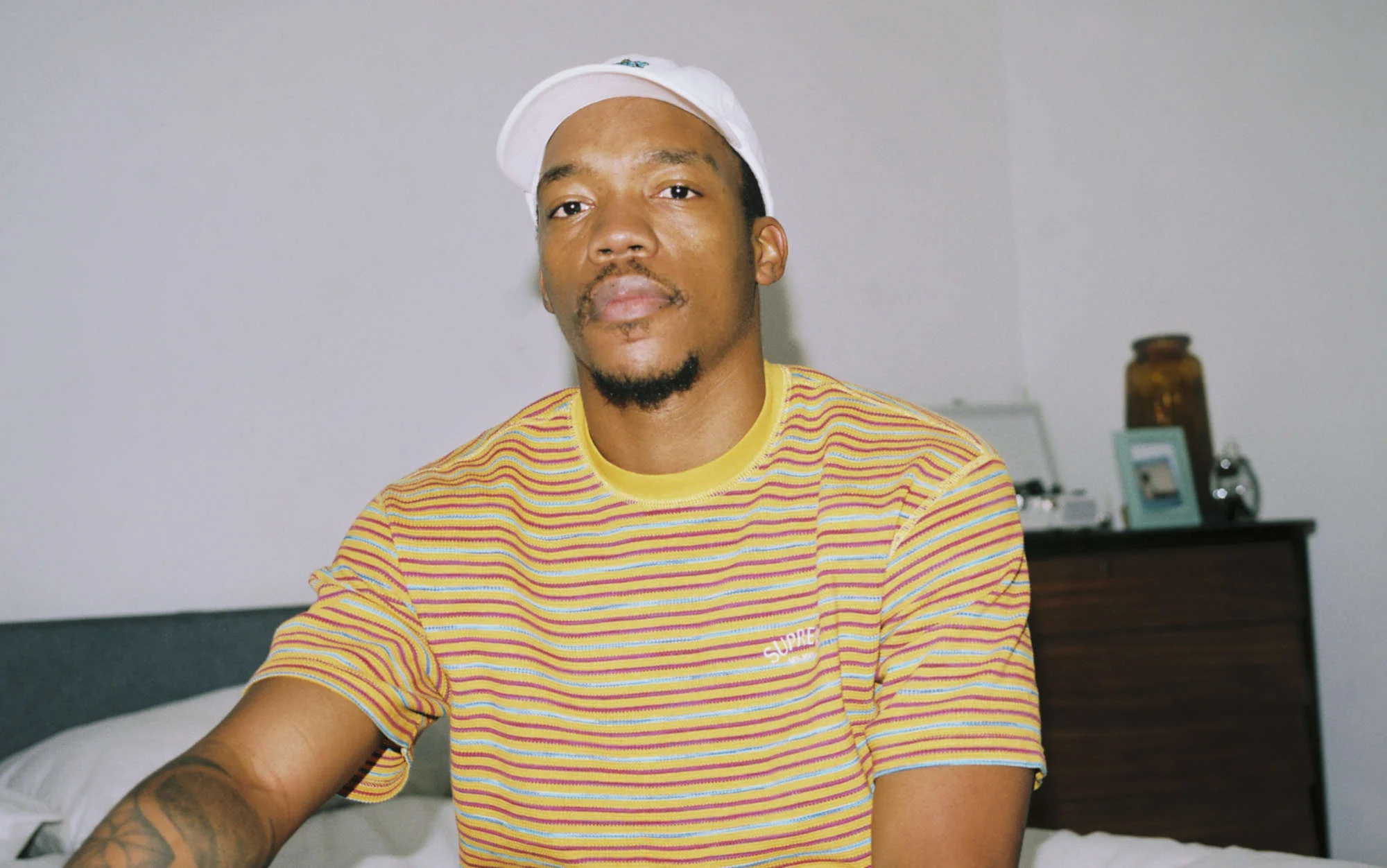Talking to South African music’s golden boy about the new Africa Express album Egoli
Fela Kuti was once asked to define African music. In his true, enigmatic style, he did not offer a tidy answer. Instead he said, “The music of Africa is big sound - it’s the sound of a community.” Catching up with Muzi, the 28-year-old South African musician-producer making waves across continents, this quote came back to me. He is a charming character whose devotion to ‘big sound’ and the African community has allowed him great success and even greater creativity. Among his current projects, the self-proclaimed ‘Zulu Skywalker’ is a collaborator on Africa Express’s new album Egoli.
Founded by Blur/Gorillaz frontman Damon Albarn, Africa Express is an international non-profit collaboration that pursues musical projects with artists across the Global South.
Responding to their dissatisfaction with un-African line-ups of other music-focused aid outreach platforms, Africa Express has worked on projects in places including Ethiopia, Mali, Nigeria and for this latest chapter, South Africa. Egoli (meaning gold in isiXhosa) is the colloquial name for Johannesburg, where Africa Express conducted a week-long series of sessions to produce the album. Effortlessly crafted, Egoli bears testament to the complex energy of African music - and Muzi’s inclusion speaks to the fresh future of sound from the mother continent.
“For me, the process [of making music] starts with digging. I was listening to a lot of African music - not just from South Africa but other parts as well,” he shares. “I’m always influenced by traditional Zulu music in a big way but I also get inspiration from a lot of West African music. So I’m going back in time to go forward.”
Muzi’s personal process seems to be reflected in the Egoli album itself. The collaboration features a host of well-established artists including South Africa’s legendary maskandi musician, Phuzekhemisi, as well as Sibot and DJ Spoko (RIP), in addition to those on the cutting edge such as gender-bending duo FAKA, feminist pop star Moonchild Sanelly and of course, Muzi himself. I feared that this clash of titans might make for messy listening, but Egoli is steered by steady hands. It breaks all the rules, and still manages to communicate the integrity of each musician’s contribution.
“People like Black Coffee set the stage for someone like me, and I’m creating a space for the next person”
Integrity is a cornerstone of Muzi’s career. He has been in the industry for over seven years, making a great leap from his small hometown of Empangeni (in South Africa’s blissfully green KwaZulu-Natal province) to a learning expedition in Berlin, fast-becoming a regular performer in cities across Europe. Bolstered by the massive support he gained in South Africa, and keenly aware of the sacrifices made by his mother to help him achieve his creative goals, he is widely known as one of the music scene’s hardest working musicians. He has also partnered with Red Bull for live performances and mixes, and will be one of the acts to catch at this year’s Afropunk Brooklyn in August.
“When I make music I’m not thinking about a genre. I know I want to create and I know I want to uplift so I don’t think a genre is useful to me, it’s just not important,” he says, clearly unbothered by a need to be easily classified. It’s an important point, considering that this album would not long ago have been shoved into the vague ‘world music’ category under the assumption that all music outside Western genres simply had no life of its own. But Egoli works so well because it is not self-conscious, it is simply a sonic gift to its audience.
Muzi appears on three tracks: ‘The River’ featuring South African hip hop legend Zola 7 and the Mahotella Queens, whose musical history dates back to 1964. On the upbeat bop ‘No Games’, Muzi is joined by Moonchild Sanelly, recent BET International Award winner Sho Madjozi, Radio 123, Poté and Ghetts. And he reunites with Mahotella Queens and Moonchild Sanelly, along with Mr Jukes, on the cheekily called track ‘Morals’. Each song is a unique expression of its artists and Muzi’s production prowess draws out the best flavours from his counterparts.
Testing his mettle and new material, Muzi is currently embarking on a tour across Europe, so I wanted to find out how he navigates differing (sometimes outdated) ideas of Africa and it’s music. “Look, there are audiences who have that ‘Woah, Africa!” response when they first see me perform. But it’s important for me that I’m there to represent what Africa is about. People like Black Coffee set the stage for someone like me, and I’m creating a space for the next person. They may have their perceptions before I get there, but once I’m performing and they start moving, I can see, okay now they get it.”
Before Egoli, Muzi’s Afrovision album was released to positive reviews from fans and critics alike. So now I wonder if his previous successes have had any effect on what music he makes and how he makes it. “Don’t get me wrong - I always appreciate the love. But when I’m in the studio, or I’m going through my weeks of just being fully creative, I’m just thinking about the music. I’m listening to things over and I know when I start to feel uplifted by it, then I’ve got it right, and my listener is going to feel uplifted too. That’s really what I want.”
Egoli is out on 12 July 2019 on Africa Express Records

